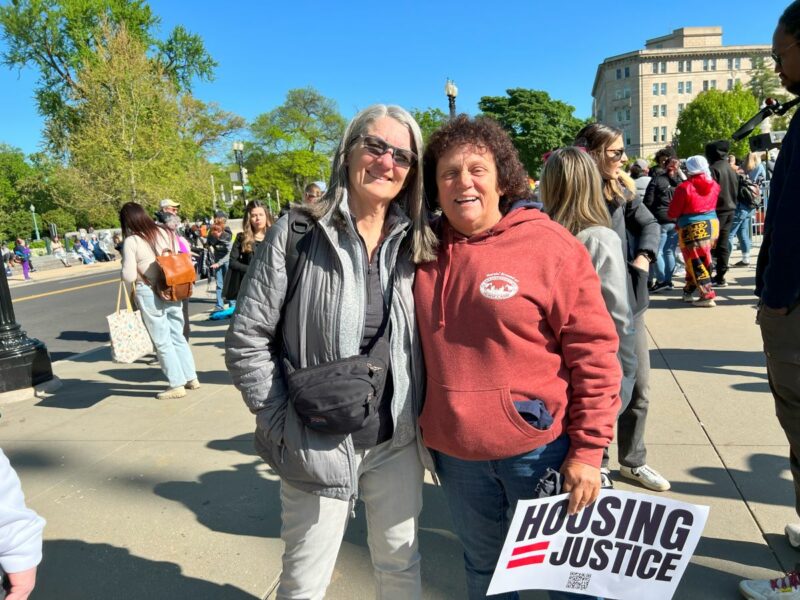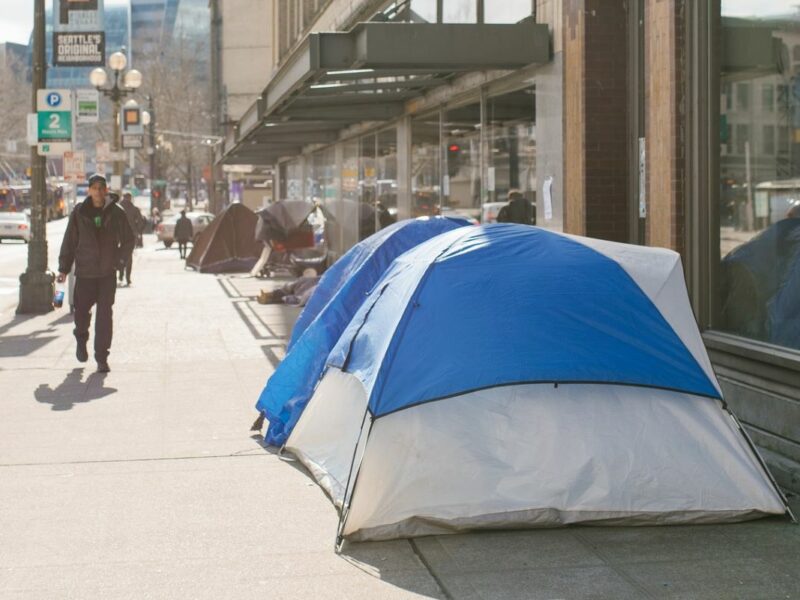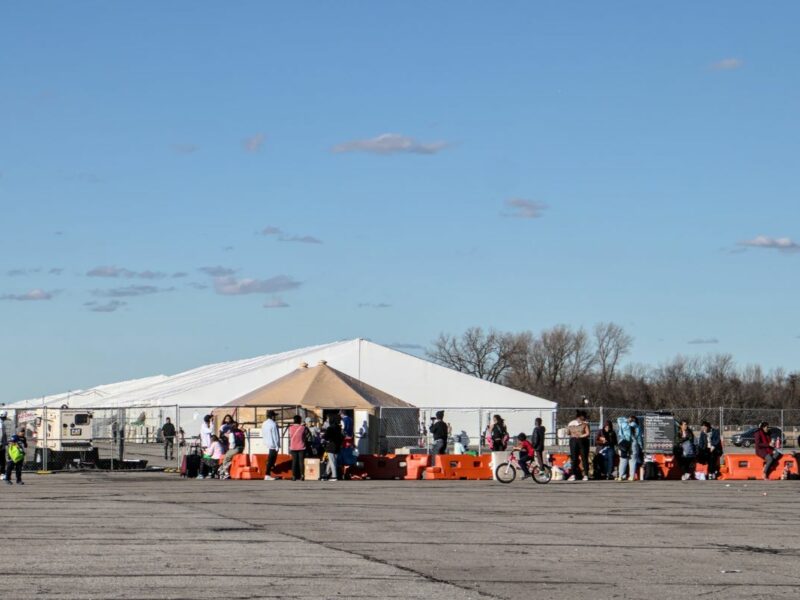Case Management Is a Better Alternative than Criminalization
The United States has been portrayed as a beacon of prosperity. In the past, people were told the streets were paved in gold. Today, if you were to scroll through social media, you would find a nation rich with resources and prided industrial accomplishments.
At first glance, you might not notice the stark contrast of deep poverty that coexists in the gleaming capitalist society. Perhaps it is more accurate to say poverty is what sustains the nation’s wealth and opulence. There might not be luxury high rises towering across the city skylines if there were no people living on the street corners below.
Homelessness touches millions of Americans with each passing year. Perhaps it has happened to you or someone you know. The government’s reaction to this predicament is often rooted in over-policing and criminalizing the very victims of the raging housing crisis. But aside from police officers, who can we turn to to help reduce homelessness?
The answer is case managers, a rarely spoken of but desperately needed group of workers in the homeless sector.
Case Managers Are Liaisons That Connect Homeless Community Members with the Services They Need to Overcome Their Circumstances
One of the general terms that get thrown around the homeless sector is “services.” People living in unsheltered conditions are often falsely accused of resisting “services.” Permanent supportive housing programs might feature things like wraparound “services.”
If you’re an advocate unfamiliar with the language, you might wonder what “services” are being offered and by whom. To better understand homeless services, it is imperative to learn the roles of case managers and the case management system.
Case managers play connect vulnerable populations with the following services:
- Homeless prevention
- Rapid rehousing
- Treatment for physical ailments, substance use disorder, or mental health conditions when applicable
- Providing access to vaccines
- Securing insurance coverage
- Addressing the needs of people who are chronically homeless and chronically ill
- Providing access to education or opportunities for employment
- Counselling
- Writing referrals
- Discussing services with friends and family
- Following up to ensure community members not only obtain housing but remain housed in the future
On an individual level, a case manager serves as the middleman between homeless people and homeless services. On a communal level, the services they provide to houseless individuals and families also benefit the general public.
By providing housing and connecting homeless people to services, all of the following community tasks are also accomplished:
- Homelessness Reduction
- Lower costs for hospitals and healthcare providers
- Less money spent on temporary shelter and police intervention
- More money available for the community to spend on things not related to homelessness
The Case Management System has a Much More Positive Impact than Other Costly, Punitive Alternatives
According to the National Health Care for the Homeless Council, the case management system positively impacts homeless and housed populations.
By taking an individualized, non-judgmental approach to social services, case management has a reputation for seriously reducing homelessness and offsetting the costs that coincide with homelessness.
When permanent housing is available, individuals and families who undergo case management intervention often secure housing, which alleviates the cost of healthcare, policing, and temporary shelters.
In contrast, the criminalization of homelessness, i.e., the system of policing as opposed to managing, is proven to cost millions of dollars and ultimately be futile in the goal of homelessness reduction.
Bottom Line: The Homeless Community Needs More Interactions with Case Managers and Fewer Altercations with Police Officers
If ending or reducing homelessness is our goal, first we need more housing. Second, the social services sector must employ more case managers and implore fewer police officers within the homeless community. Doing so will create more trust in authority and less hostility between unhoused members of society and authority figures.
Envision a world where everyone has access to housing. In this world, case managers help people to also receive healthcare, welfare, education, and assistance.
Ask Your Local Legislators How They Plan to Provide Homeless People with Housing and Case Management Services
Several city leaders have expressed the need for additional funding for case management in the social services sector. Unfortunately, this need is all too often overlooked. Instead, necessary funding is funneled into criminalization tactics like enforcing anti-homeless legislation and the recent push to force unsheltered individuals into for-profit-sanctioned encampments.
An anonymous survey conducted with hundreds of city leaders shows that when it comes to solving homelessness, the politician’s ultimate goal is giving the voters whatever they want. For this reason, you must tell your legislators that you want permanent supportive housing, complete with the services provided by case management.











